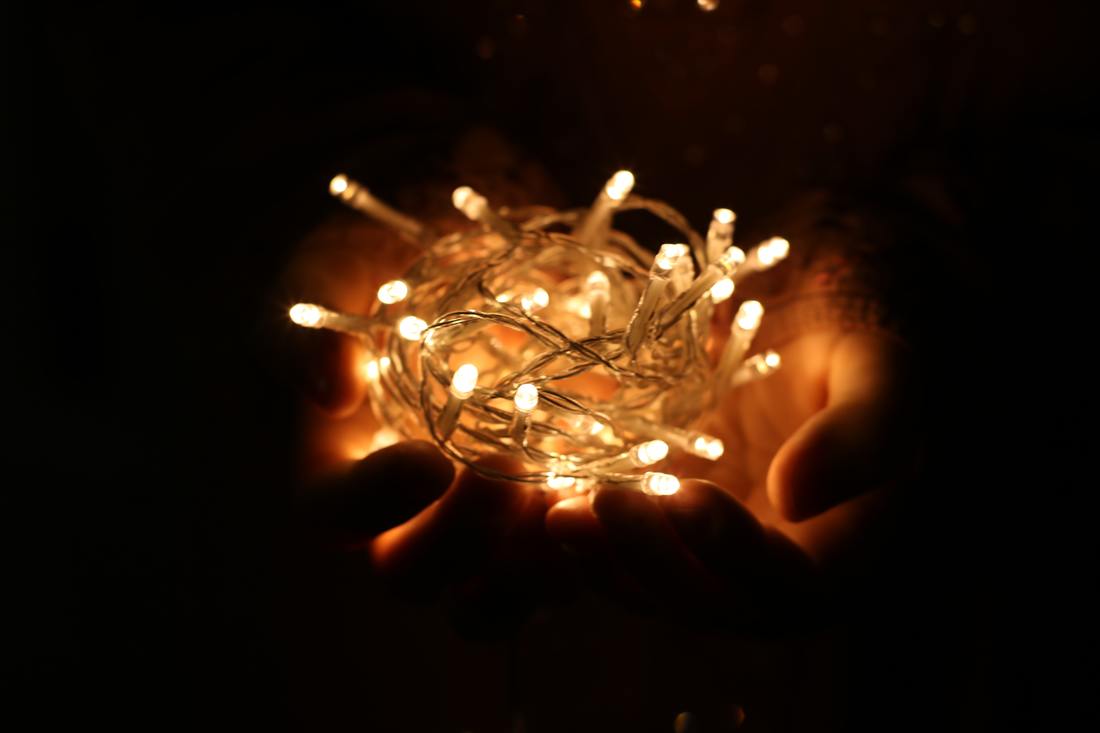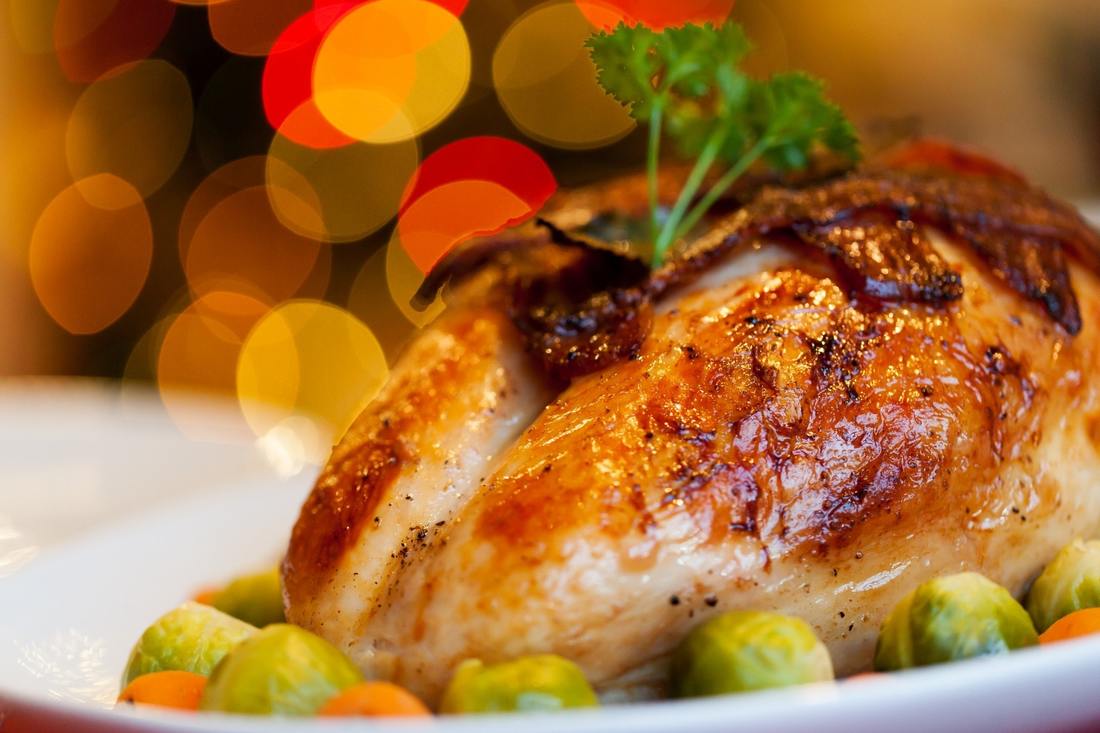|
I'm delighted to have First Aid trainer Claire Street from Marlow's Child Matters guest blog for me this month! I was thinking about the coming festive season, and how there are things that we as parents should be aware of and should think about during the festivities in terms of keeping our little ones safe. Claire has kindly written the following information to guide us safely through the season: Tis the season to be jolly! Very jolly in fact. We all like to let our hair down at Christmas but with all that merry making it’s easy to forget that Christmas comes with it’s own festive hazards and children are especially vulnerable – over excited about presents and Santa! According to RoSPA more than 6,000 people end up in hospital on Christmas day. Don’t let that be your or your family and read our 10 tips to keep your little ones safe. Tip 1 – Don’t buy poisonous berries Did you know that mistletoe is poisonous as its berries contain toxic proteins that slow the heart rate and can cause hallucinations? The orange berries of the Christmas cherry can cause stomach pains too so keep them away from your little ones. You don’t want to be dealing with diarrhoea on Christmas day! Tip 2 – Be aware of faulty fairy lights Around 350 people a year are hurt by Christmas tree lights, according to RoSPA. Injuries include people falling while they’re putting them up, children swallowing the bulbs, and people getting electric shocks and burns from faulty lights. The advice is to always to test your lights and don’t overload sockets. Don’t leave young children near your Christmas tree lights unsupervised and look for the safety marks eg. BS Kitemark when buying new lights. It goes without say to never insert or remove bulbs when they are switched on. Take a look at this video on how quickly faulty lights can turn into a fire: https://www.youtube.com/watch?time_continue=58&v=hMtjGfr0tYs
Tip 4 - Button battery beware! The light-up fidget spinners, musical or light up decorations and fake tea lights often contain button batteries. If a button battery is swallowed and gets stuck in the throat or gullet, the electrical charge from a button battery creates caustic soda inside the body. This can burn a hole through the throat and can lead to serious internal bleeding and death. Keep them away from children! What to do if your child swallows a button battery: Get help fast! Don’t let them eat or drink and definitely don’t try to make them sick. Just keep calm and take them to hospital straight away, even if one gets stuck up their nose or in their ear. Don’t be afraid to call an ambulance, it could save their life. Dial 999, not 111. The sooner the batter can be removed, the less chance of permanent damage as lithium batteries can cause damage within 2 hours of being consumed.
Tip 6 – Stay out of the kitchen Christmas dinner is probably the biggest meal most families cook all year and needs careful planning to avoid injuries. Hot fat, boiling water and sharp knives make the kitchen one of the most dangerous places so try to keep little ones out of the kitchen. Tip 7 – Give visitors the gift of safety Grandparents and relatives can unknowingly leave medicines in places where children can find them, such as handbags or counted out on bedside cabinets. How would they feel if they’d accidentally caused the most common accidental poisoning in children, with everyday painkillers a frequent culprit. And hearing aids contain button batteries so they definitely need to be out of reach from kids. Help them to keep your children safe by giving them a safe plastic container like ‘Kiddylock’ (http://www.dreambaby.co.uk/kiddy-lock-cool-guard-child-safe-container.html) to pop everything in and keep high out of reach or in a locked cupboard. Tip 8 – Get the kids first aid trained in DRAB! Seasonal hazards are even easier to avoid if children themselves are first aid trained. Young children from as little as four years old are very capable of reacting quickly to save a life and get help. BUT, only if they have the confidence and knowledge to do so. And it isn’t just about helping others, little ones can learn how to stay safe themselves. So what should children know? The most important lesson for any age child to learn is simply when and how to shout for help if someone has an accident or is very poorly. As adults we are more likely to know when someone is choking, struggling to breathe or unconscious. Even if we’ve never witnessed it ourselves, we’ve certainly watched TV dramas. But for children it’s going to be a complete surprise and something they’ve never ever seen before. So knowing how to stay calm, find out if a person is ok and how to call 999 is essential. And that’s where DRAB comes in. Tattooing these simple emergency action steps onto the big minds of little one’s could save someone’s life! DRAB
Tip 10 – Teach children the importance of keeping themselves safe
If your child is out and about and has an accident themselves, memorising their own address and telephone number is a sure way to get help faster. As parents you may be able to give lifesaving information on your child’s medical condition such as epilepsy and allergies. And it goes without saying that children should be aware of their own medical conditions themselves. So give your little ones the knowledge to stay safe this season and book them on a Junior Child Matters First Aid training course for 2019, taught by paediatric nurses. Visit www.child-matters.co.uk or email [email protected] for course dates near you or we can run a group session in your own home or school. Info Sources: Child Matters Stats from Home Accident Surveillance System, 2002 & 2011/12 Fire Statistics Great Britain from the Department for Communities and Local Government. buttonbatterysafety.com Child accident prevention trust RoSPA
1 Comment
11/27/2018 10:24:55 am
What a great blog post with some fantastic tips! Thank you for sharing!
Reply
Leave a Reply. |
Company |
|




 RSS Feed
RSS Feed